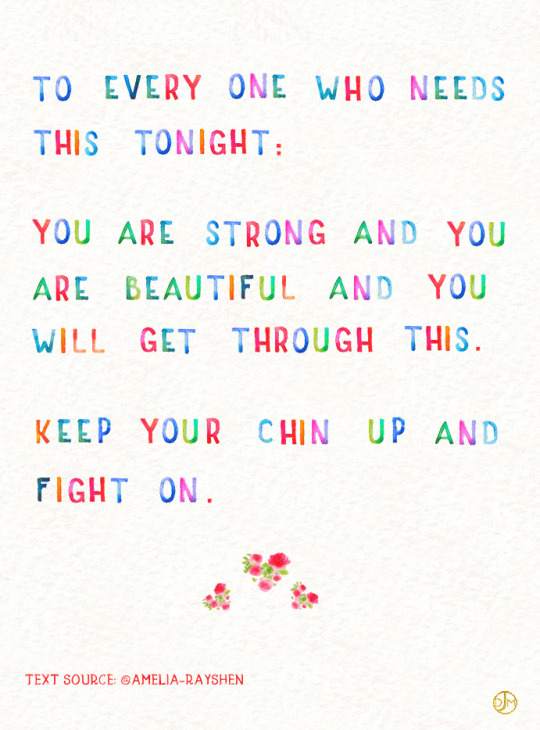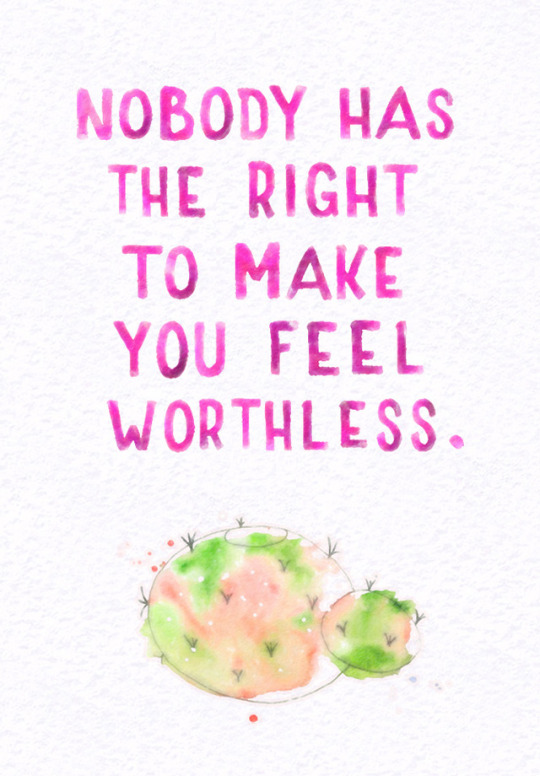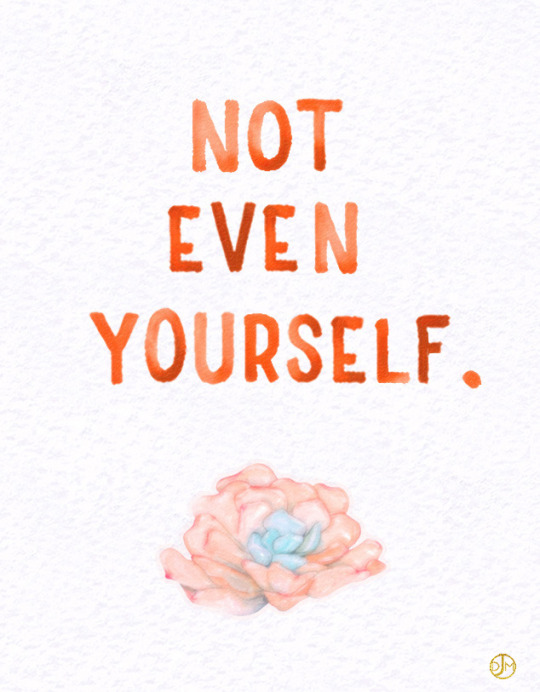Hello, beautiful people! :D My name is Jessica, I'm 23 and I graduated Iowa State University with a major in Psychology. I now attend grad school at St. Ambrose University focusing on Social Work. On another note, I did the Disney College Program twice.
Don't wanna be here? Send us removal request.
Photo

A green tea chi-cake to remind you that you’ve made so many improvements over time! This could be in your art, your work, your friendships, or anything! Don’t discount that growth.
2K notes
·
View notes
Photo

it’s not all hopeless because YOU are here thank you for showing up ♥ °˖✧*• Shop, Patreon, Books, Mailing List *•. ✧˖°`
12K notes
·
View notes
Text
Full offense but all these colleges and universities sending kids home should refund their housing and meal plans for those weeks.
53K notes
·
View notes
Text
What to do if someone you love is addicted to drugs or alcohol
1. Recognize you are completely powerless over their addiction. You didn’t cause it and nothing you say or do will control or cure them. You are your first priority. Never make sacrifices for them.
2. Offer a completely non-judgemental ear to them. Tell them that they can talk to you about anything without judgement and you will stay neutral and keep everything confidential unless the person is seriously in danger. Do not give advice unless they ask for any.
3. Offer to assist the person in finding treatment. If he or she refuses, you have the completely valid first option of cutting off all contact with the person until they decide to accept help.
4. If they don’t want to get better yet and you are comfortable still including someone in active addiction in your life, do your best to treat them no differently than you did before. Don’t be surprised if you have to distance yourself or put things on hold. Set boundaries as needed, such as saying “no drugs in my house” and making it clear you do not support it or want to be associated with it. If they break the boundaries, reevaluate the relationship.
5. Engage in harm reduction tactics WITHOUT enabling them. Harm reduction would be carrying narcan, calling 911 if needed, encouraging them to use sterile equipment, offering to help them wash their dishes or go on a walk with them, and providing them with basic needs such as water/blanket/leftover food. Enabling would be letting them borrow money, driving them everywhere, cleaning their house, coming with them on drug runs, taking them out to eat every day, and letting them live at your house without paying rent.
6. Recognize that drug addicts are SNEAKY AF goddamn liars and thieves! (This is coming from a drug addict.) Don’t be shook if you get scammed. Don’t trust anything they say and keep your wallet, expensive jewelry, alcohol, and prescriptions on you or locked up. NEVER lend a drug addict money. 9 times out of 10 it is not “for food”. If you are convinced they are actually starving, invite them over and give them some canned soup or something and a pot and let them make it.
7. If it’s too hard to watch your loved one deteriorate even with set boundaries and harm reduction techniques, that’s when you need to go with the first option and cut them off until they receive treatment. Accept, surrender, and let go. It’s not about them, It’s about YOU, and you come first. Do not use threats or scare tactics, and be respectful. Assure them you will never stop loving them.
8. Attend a support group like al-anon to cope with any grief or anxiety you might have regarding your loved one’s addiction and do all you can to educate yourself on the disease. Remember that it is a DISEASE.
9. Once your loved one is getting treatment, reach out to them and let them know you are happy they are getting help and you’re there for them. Be involved with their treatment by calling them, visiting them, or asking about their therapy groups and meetings. Say that you are willing to support them in any way they need and ask how you can do so.
10. Don’t sugarcoat things or act like everything is fine. Tell them how you really feel. Be honest with them in a non-accusatory way with “I” statements. Tell him or her how their addiction affected you, how you cried about it, and how you feel betrayed and now have a level of mistrust for them.
11. You’ll pretty much have the same boundaries you set with them in active addiction as you will in their early recovery. You have to continue to refuse to enable them, continue to keep your money safe, keep the narcan on hand, and make it clear what will happen if they decide to return to addiction. Tell them that it’s going to take awhile to build your trust back. Realize that even if they’re clean, the behaviors and compulsions may still be present. Keep working your al-anon program and taking the steps you need to keep yourself mentally healthy and independent from the addict. Remember that once an addict, always an addict.
12. Throughout the whole process, never treat the addict as less than human. Understand that they have a disease that is not their fault. Never judge, insult, pity, attack, or blame them. Understand that they are struggling with massive amounts of shame, guilt, and low-self esteem. They aren’t having a good time, they are miserable. Addiction sucks ass. If it’s hard for you, it’s harder for them. Remember that!!
1K notes
·
View notes
Photo

Text source: Based off this post by @amelia-rayshen Please don’t remove the source.
31K notes
·
View notes













